A recent survey shows that more than three out of four Asian Americans worry about experiencing hate crimes, harassment, and discrimination because of COVID-19. Among Chinese and Asian Indians, the figures are even higher at 84 percent and 80 percent, respectively.
These findings may be unsurprising in light of shocking video footage of anti-Asian violence that has recently gone viral. Viewers of these videos witnessed perpetrators shoving elderly men and women to the ground, assaulting Asian American men and women in the face, and stabbing an Asian American man in the back with an 8-inch knife. Asian-owned businesses like New York’s Xi’an Famous Foods, already under financial stress because of the pandemic, are also struggling to keep their employees safe. The spate of unprovoked attacks elicited a rallying cry that something must be done. For Asian Americans, however, this cry is a year overdue.
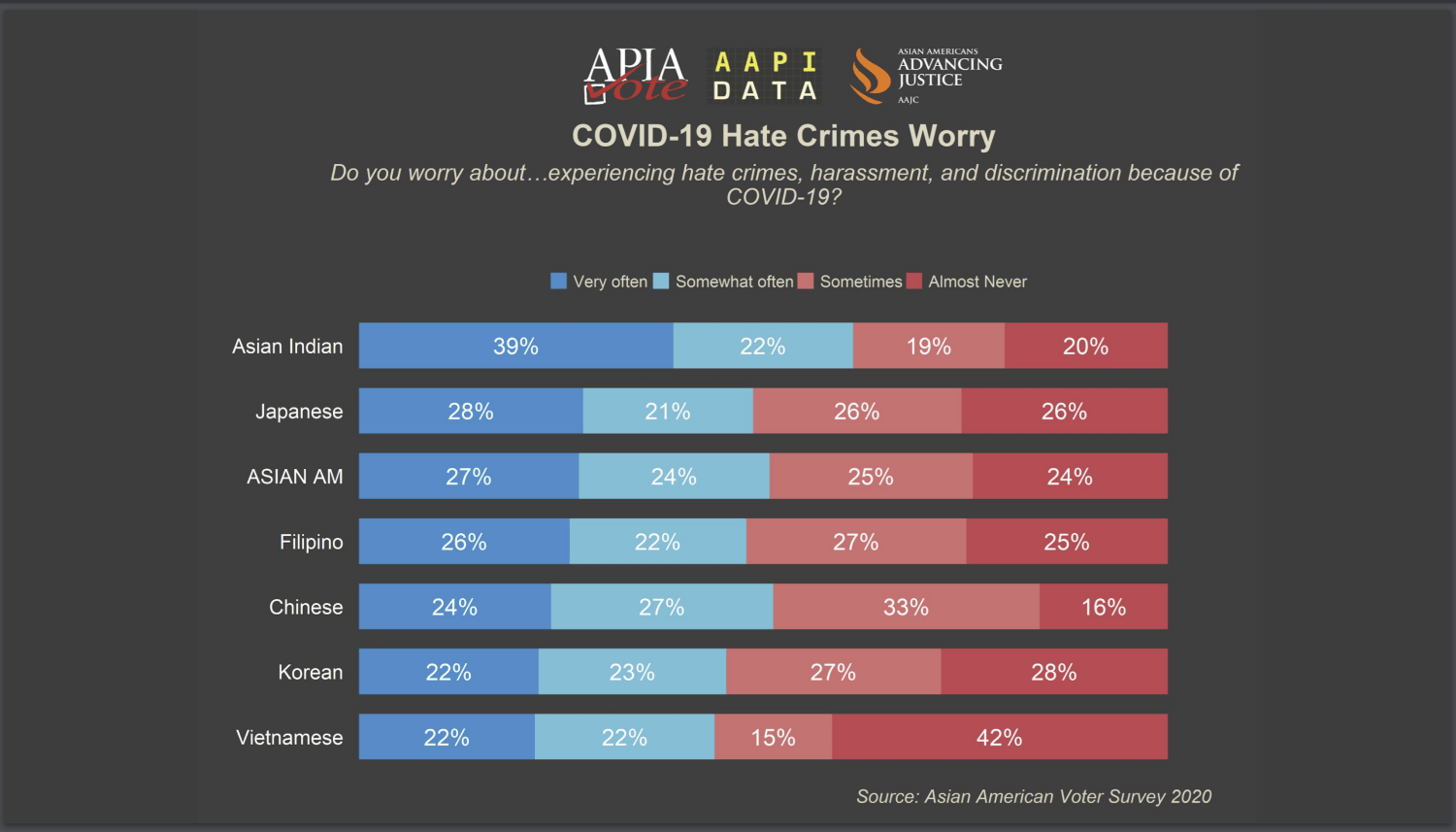
Since March of last year, there have been over 3,000 self-reported incidents of anti-Asian violence from 47 states and the District of Columbia, ranging from stabbings and beatings, to verbal harassment and bullying, to being spit on and shunned. While being spit on is offensive, in the time of coronavirus, it is also potentially lethal.
Democratic lawmakers, led by Rep. Grace Meng, D-N.Y. and Sen. Mazie Hirono, D-Hawaii, said they would introduce new anti-hate crime legislation to address a rise in hate incidents directed at Asian Americans. The bill would create a new position at the Department of Justice to facilitate the review of hate crimes and provide oversight of hate crimes related to COVID-19.
The Trope of Black-Asian Conflict
These senseless acts of anti-Asian violence have finally garnered the national attention they deserve, but they have also invoked anti-Black sentiment and reignited the trope of Black-Asian conflict. Because some of the video-taped perpetrators appear to have been Black, some observers immediately reduced anti-Asian violence to Black-Asian conflict. This is not the first time that the trope has been weaponized. Black-Asian conflict—and Black-Korean conflict more specifically—became the popular frame of the LA riots in 1992.
The trope failed to capture the reality of Black-Korean relations three decades ago, and it fails to capture the reality of anti-Asian bias today. A recent study finds that in fact, Christian nationalism is the strongest predictor of xenophobic views of COVID-19, and the effect of Christian nationalism is greater among white respondents, compared to Black respondents. Moreover, Black Americans have also experienced high levels of racial discrimination since the pandemic began. Hence, not only does the frame of two minoritized groups in conflict ignore the role of white national populism, but it also absolves the history and systems of inequality that positioned them there.
Recognizing both the pitfalls of the frame and the need to address it after the 1992 riots, African American and Korean American leaders worked toward interracial solidarity and restorative justice through local churches and community organizations. A critical first step was educating both communities about their respective histories, including shared experiences of colonization, oppression, discrimination, and resistance. For Korean immigrant business owners who had little understanding of the brutal history of US race relations, education and experience in Black neighborhoods ushered in a new manner of empathy.
The fruits of decades of community organizing, education, and empathy are reflected in Korean Americans’ racial attitudes about discrimination, civil rights, and restorative justice. Among Asian groups, Korean Americans hold some of the most progressive attitudes on these fronts. For example, more than nine in ten Korean Americans believe that there is at least some discrimination against Black people in our society today. Seventy percent also agree that the government should do more to protect the civil rights of Black Americans, and 67 percent agree that local governments should shift spending from law enforcement to programs. But even among Asian Americans more generally, many recognize commonalities with Black Americans; new research shows that half of Asian Americans across ten different national-origin groups feel they have “something” or “a lot” in common with Black Americans when it comes to government, political power, and representation.
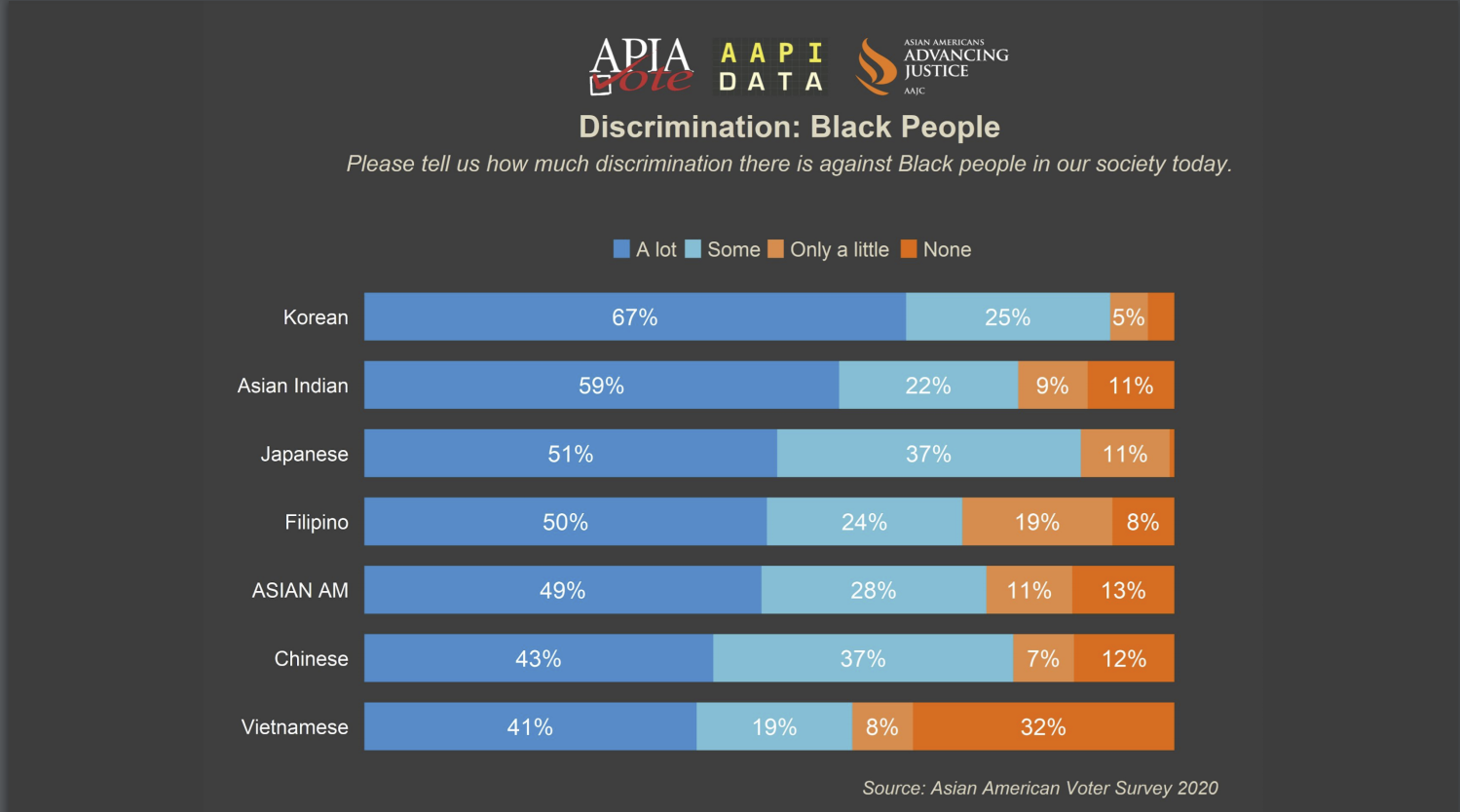
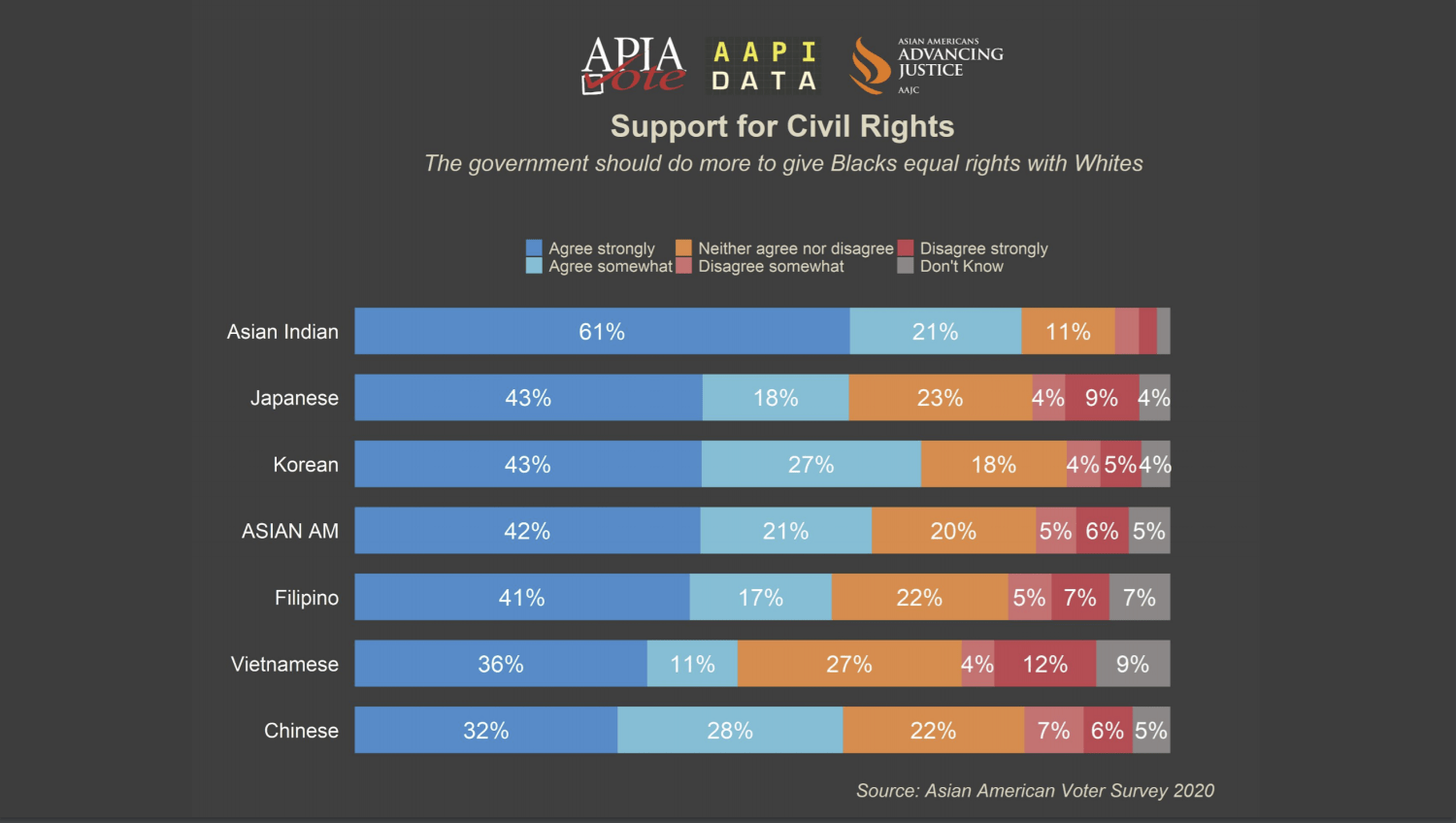
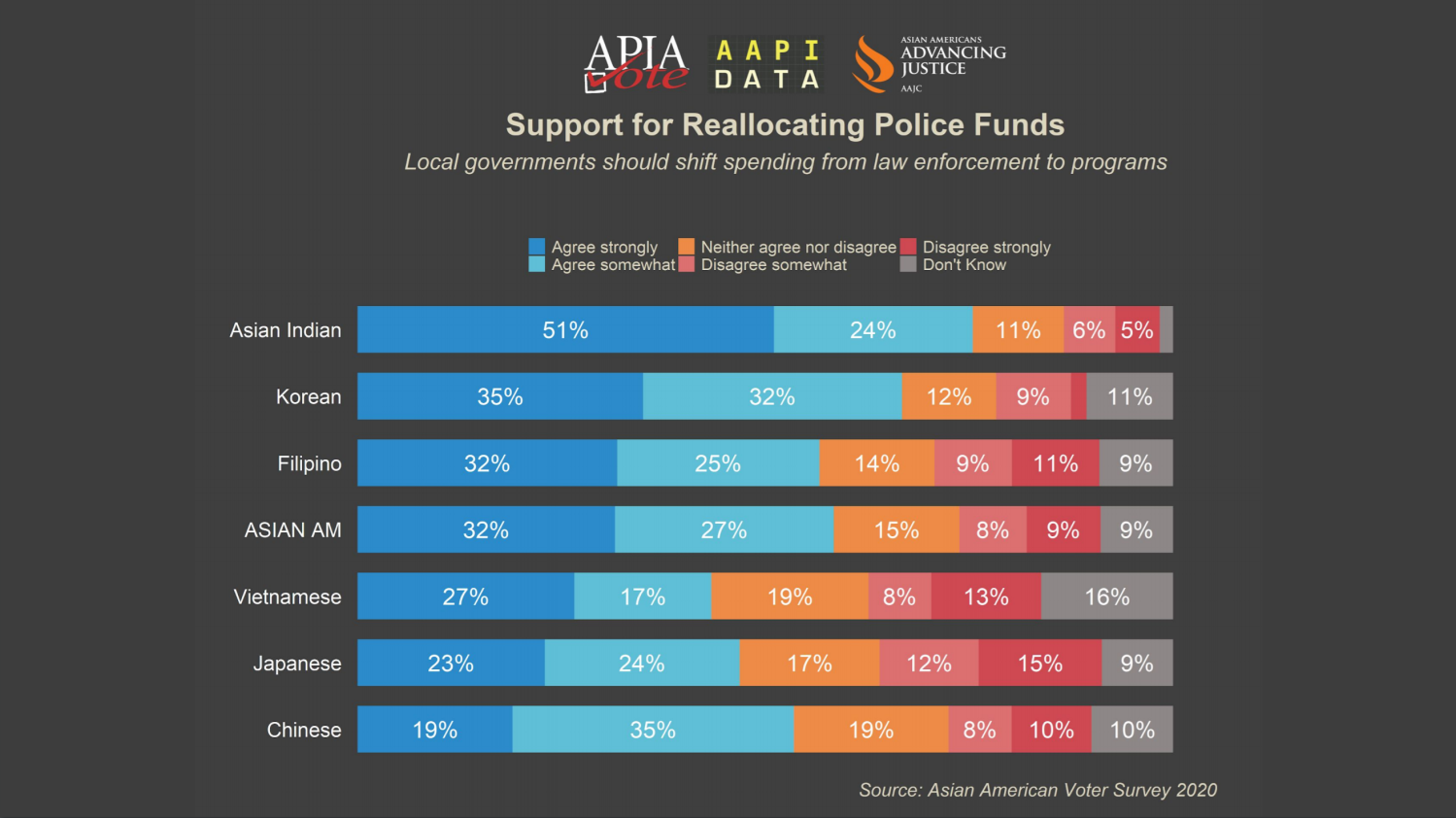
Empathy and Justice Beyond Just Us
As we enter the second year of the COVID-19 pandemic, we are seeing signs that all Americans—especially Black and Asian Americans—are reimagining what community safety, interracial solidarity, and restorative justice could look like. Though arrests have increased in neighborhoods with a greater share of Asian residents since the pandemic, increased arrests have not ceased incidents of anti-Asian hate. Working directly with residents, Asian American advocates and community leaders are calling for non-carceral solutions to anti-Asian violence. Hundreds of Americans have volunteered to escort elderly Asian Americans to help them feel safe, and hundreds more gathered last month at rallies in Oakland and New York to protest anti-Asian violence.
At these rallies, Black and Asian American communities came together not only to show solidarity, but also to rebut the hollow claim that anti-Asian violence is a manifestation of Black-Asian conflict. Such real-world solidarity provides further support for recent studies showing that Black Americans are more likely than white or Hispanic Americans to recognize racism toward Asian Americans, and that Asian Americans who experience discrimination are more likely to recognize political commonality with Black Americans.
COVID-related anti-Asian bias is not inevitable. While “China virus” rhetoric has been linked to violence and hostility, new research shows that priming Americans about the coronavirus did not increase anger among the majority of Americans toward Asian Americans. But anger among a minority has invoked fear among the majority of Asian Americans. Anti-Asian violence is real, but so too are the public acts of interracial solidarity that receive far less attention. Both reflect the moment in which we live today, but the latter is a reminder of what is possible when we imagine empathy and justice that goes beyond just us.
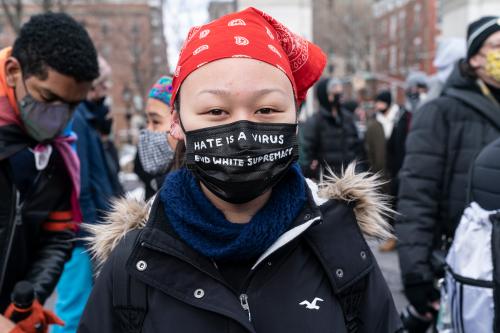
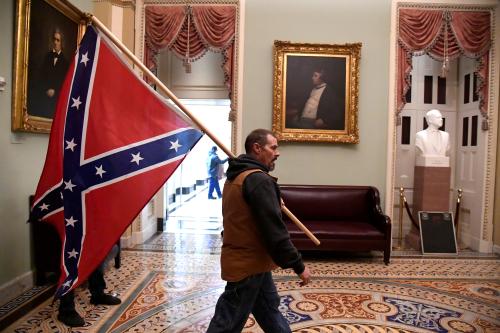
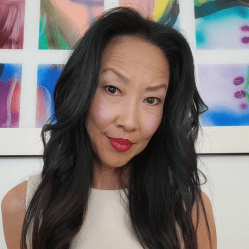


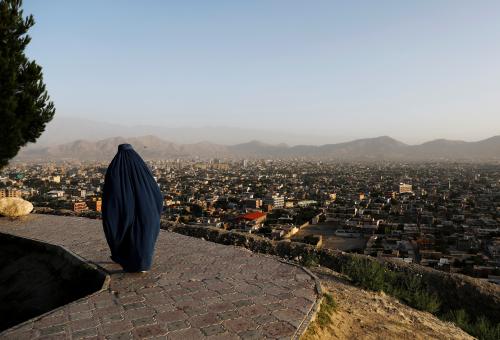
Commentary
Why the trope of Black-Asian conflict in the face of anti-Asian violence dismisses solidarity
March 11, 2021